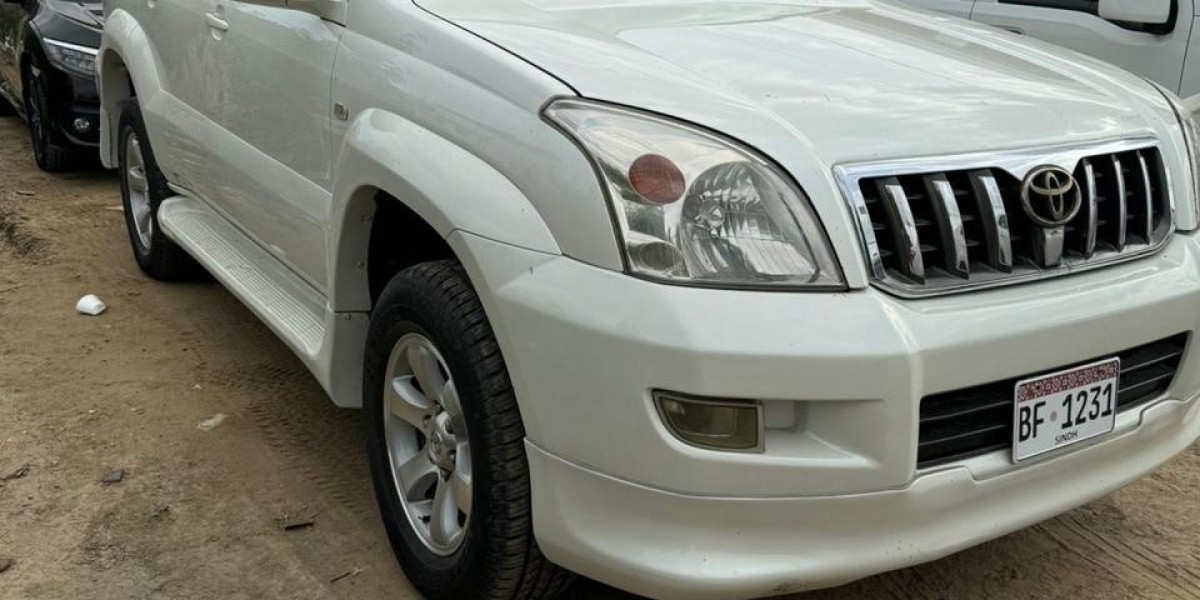Purchasing a used car for sale in Pakistan can be a smart financial decision, offering you a reliable vehicle at a lower price compared to new cars. However, it's essential to approach this process with careful consideration to avoid potential pitfalls. Here are key factors to consider before making your purchase:
1. Budget and Financing Options
Establish a clear budget for your used car purchase, including:
Total Cost: Determine the price range you can afford, factoring in additional costs like registration, insurance, and potential repairs.
Financing Options: Explore financing alternatives if needed. Check with banks or financial institutions for auto loans tailored for used cars.
2. Vehicle History
Understanding the car's history is crucial to avoid hidden issues:
Previous Ownership: Check how many owners the vehicle has had. Fewer owners may indicate better maintenance.
Accident History: Inquire if the car has been in any accidents and request a detailed report if available.
Service Records: Ask for maintenance records to assess how well the car has been cared for.
3. Condition of the Car
Carefully inspect the vehicle to ensure it's in good shape:
Exterior and Interior: Check for dents, scratches, and rust on the body. Inspect the interior for wear and tear.
Mechanical Condition: If you're not knowledgeable about cars, consider hiring a trusted mechanic to conduct a thorough inspection of the engine, brakes, suspension, and other critical systems.
Test Drive: Always take the car for a test drive to assess its performance, handling, and comfort.
4. Mileage
Mileage is a significant indicator of a used car's condition:
Average Mileage: Look for cars with reasonable mileage for their age. Generally, 12,000 to 15,000 kilometers per year is considered average.
High Mileage Concerns: Be cautious with cars that have excessively high mileage, as they may require more frequent repairs and maintenance.
5. Market Value and Pricing
Research the market value of the specific make and model you're considering:
Comparative Pricing: Use online platforms like OLX or PakWheels to compare prices for similar vehicles. This can help you negotiate a fair price.
Negotiation: Be prepared to negotiate with the seller based on your research and the car's condition.
6. Documentation
Ensure that all necessary documents are in order:
Registration Documents: Verify that the car is properly registered and that the registration documents are available.
Transfer of Ownership: Understand the process for transferring ownership to ensure that all legal requirements are met.
No Objection Certificate (NOC): If applicable, ensure the seller provides an NOC to confirm that there are no outstanding dues or legal issues with the vehicle.
7. Insurance
Check the car insurance status of the used car:
Existing Insurance: Inquire if the car has existing insurance and whether it can be transferred to you.
New Insurance: If the existing insurance cannot be transferred, research insurance options to get the best coverage for your needs.
8. Fuel Economy and Maintenance Costs
Consider the long-term costs associated with owning the vehicle:
Fuel Efficiency: Research the fuel economy of the car model to ensure it fits within your budget for fuel expenses.
Maintenance: Look into the average maintenance costs for the car. Some models may require more frequent or expensive repairs.
9. Reputation of the Make and Model
Certain makes and models are known for their reliability and resale value:
Brand Reputation: Research the reputation of the brand and model for reliability, safety, and performance.
Reviews and Ratings: Check online reviews and ratings to gauge the experiences of other owners.
10. Seller’s Reputation
Assess the credibility of the seller:
Private Seller vs. Dealer: Determine whether you’re buying from a private seller or a dealer. Dealers may offer warranties and after-sales services, while private sellers might have lower prices.
References: If buying from a dealer, check their reputation by looking at reviews or asking for references from past customers.
Conclusion
Buying a used car in Pakistan can be a rewarding experience if you take the time to consider all relevant factors. By establishing a budget, researching the vehicle's history, inspecting its condition, and verifying documentation, you can make an informed decision that meets your needs and expectations. Always prioritize transparency and due diligence to ensure a successful purchase.







